Publications
Articles, publications, books, tools and multimedia features from the U.S. Institute of Peace provide the latest news, analysis, research findings, practitioner guides and reports, all related to the conflict zones and issues that are at the center of the Institute’s work to prevent and reduce violent conflict.
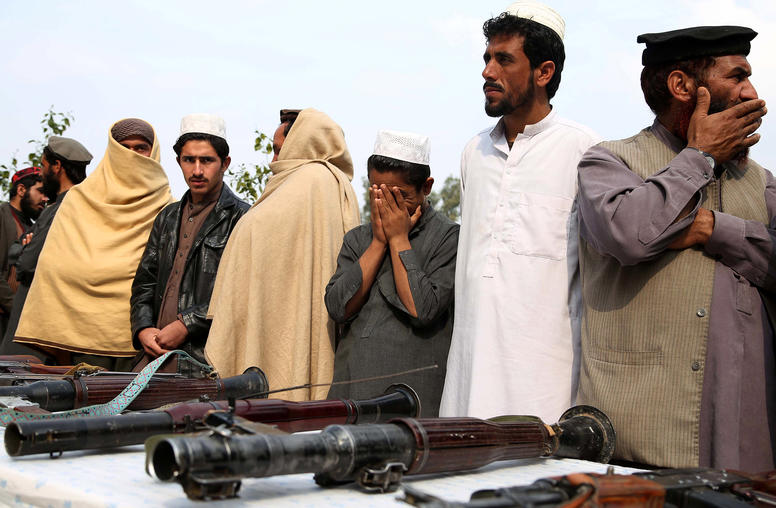
Options for Reintegrating Taliban Fighters in an Afghan Peace Process
A central issue for Afghanistan in achieving stability is making long-lasting peace with the Taliban. The success of any such agreement will depend in large part on whether Taliban commanders and fighters can assume new roles in Afghan politics, the security forces, or civilian life. This report explores that question, drawing on lessons from how similar situations unfolded in Burundi, Tajikistan, and Nepal.

Leanne Erdberg on the Psychology Behind Terrorism
Nearly 20 years after 9/11, determining the profile of someone who is going to join a terrorist group remains a deeply challenging effort. For too long we have looked at simple explanations— like poverty or lack of education—for why people join violent movements. Erdberg discusses a new project to investigate the psychology and neuroscience that motivates people to resort to extremism.

Leanne Erdberg on Violent Extremist Disengagement and Reconciliation
While some will face criminal trial, many of those who traveled to live with ISIS but have disavowed its ideology will have to reintegrate into their communities. “We need to encourage a way to talk about them so that they can form new bonds with their communities,” says Leanne Erdberg. “Language has a very important role to play.”
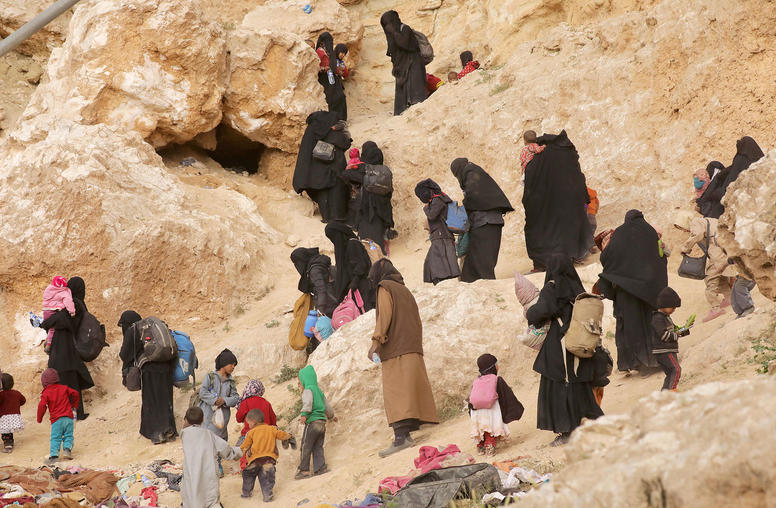
Injecting Humanity: Community-Focused Responses for People Exiting Violent Extremist Conflict
Communities worldwide face the challenge of reintegrating people exiting violent extremist conflicts. This report draws on established programs and the recommendations of authoritative bodies to exami

Nancy Lindborg on a New Prevention Policy 18 Years After 9/11
Eighteen years after 9/11, USIP President and CEO Nancy Lindborg reflects on the continued spread of violent extremism and points to the Task Force on Extremism in Fragile States as a blueprint for a new, preventive approach, saying, “I think we’ve all realized this is not a problem we can bomb our way out of.”

Sarhang Hamasaeed on Iraq, Syria and ISIS
Several major developments have rattled the region in recent weeks, including Iraq’s ongoing protests, the U.S. withdrawal from Syria and the death of ISIS leader al-Baghdadi. USIP’s Sarhang Hamasaeed says his death is a major blow to the terrorist group, but “the fact remains that … the enabling environment that gave rise to ISIS” is still present.

Violent Extremist Disengagement and Reconciliation: A Peacebuilding Approach
Existing efforts to disengage people from violent extremism are derived from security imperatives rather than from a peacebuilding ethos. This report—one of a series to be published by USIP’s program on violent extremism—presents a framework through which peacebuilders can foster disengagement from violent extremism and reconciliation between those disengaging and affected communities by examining the individual, social, and structural dynamics involved.
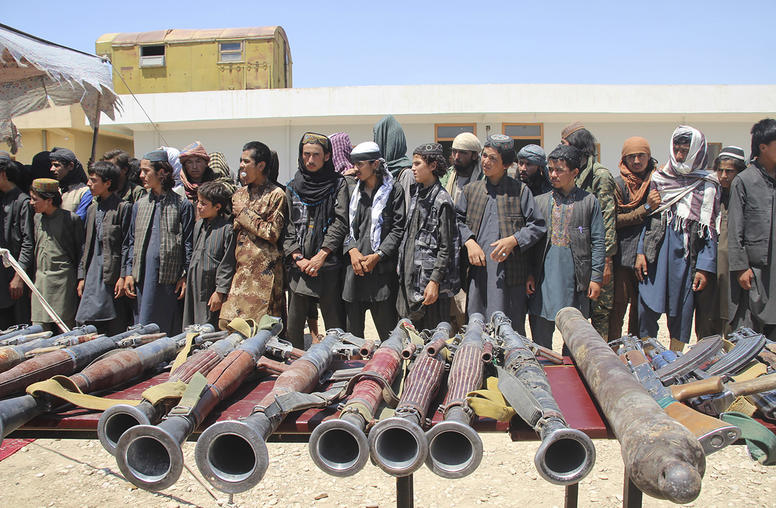
Bourgeois Jihad: Why Young, Middle-Class Afghans Join the Islamic State
Ever since the Islamic State in Khorasan Province emerged in Afghanistan in 2015, policymakers and security forces have regarded it as an “imported” group that can be defeated militarily. This approach, however, fails to take into account the long-standing and complex historical and sociological factors that make the group’s ideology appealing to young, urban Afghan men and women. Based on interviews with current and former members of ISKP, this report documents the push and pull factors prompting a steady stream of young Afghans to join and support ISKP.
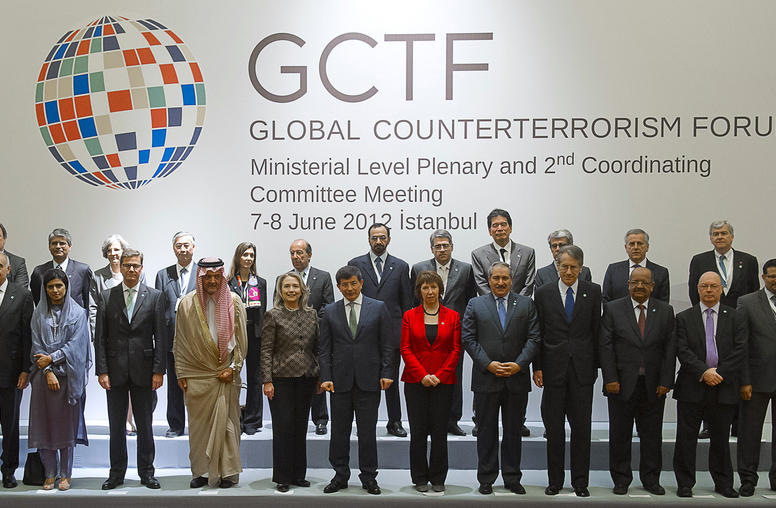
Preparing the Global Counterterrorism Forum for the Next Decade
In the two decades since the 9/11 attacks, terrorist networks have become more global and interconnected even as they remain locally tethered. The transnational and localized nature of the threat underscores the continued importance of international cooperation in all aspects of a response. This report explores the work of the Global Counterterrorism Forum, launched in 2011 to energize such cooperation, and how best to position it for an effective and far-reaching future.
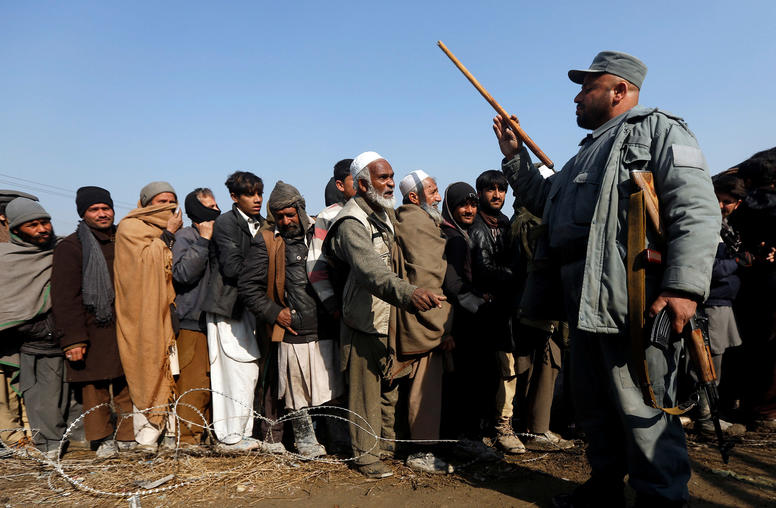
Displacement and the Vulnerability to Mobilize for Violence: Evidence from Afghanistan
Forced displacement affects over 70 million people worldwide and is among the most pressing humanitarian and development challenges today. This report attempts to ascertain whether a relationship exists between displacement in Afghanistan and vulnerability to recruitment to violence by militant organizations. The report leverages an understanding of this relationship to provide recommendations to government, international donors, and others working with Afghanistan’s displaced populations to formulate more effective policies and programs.